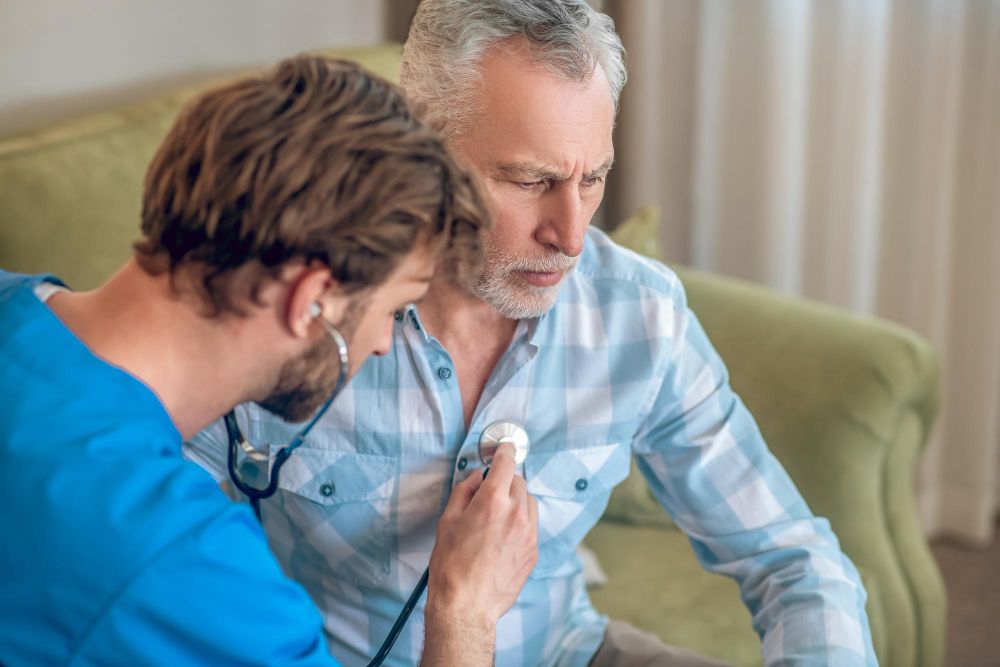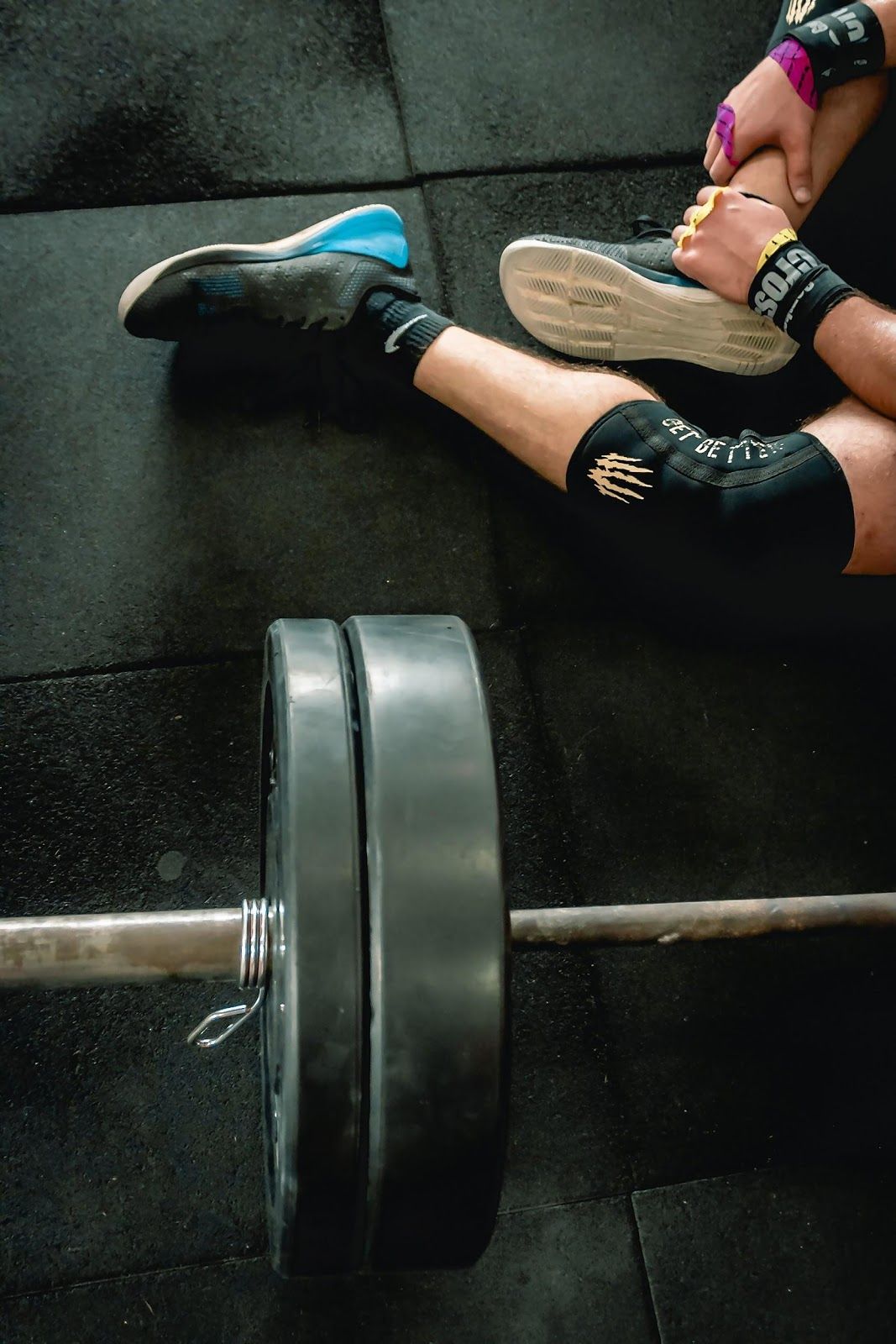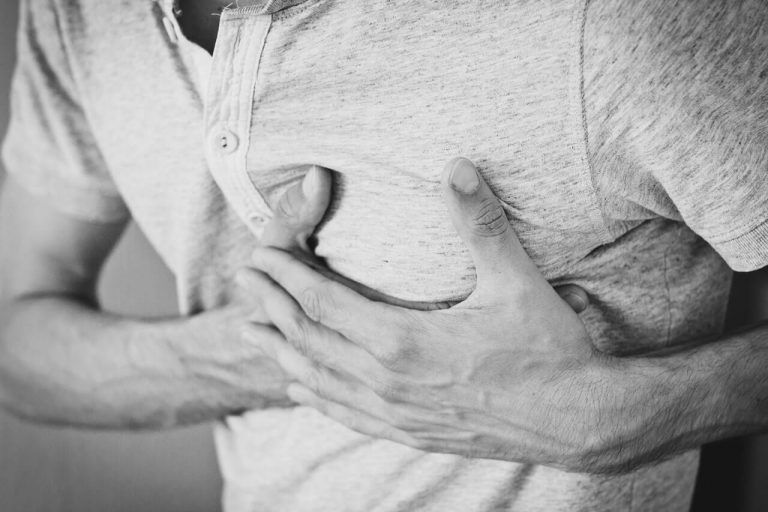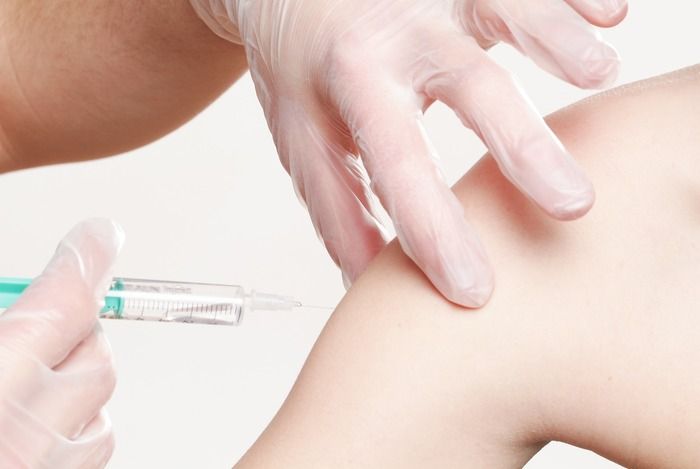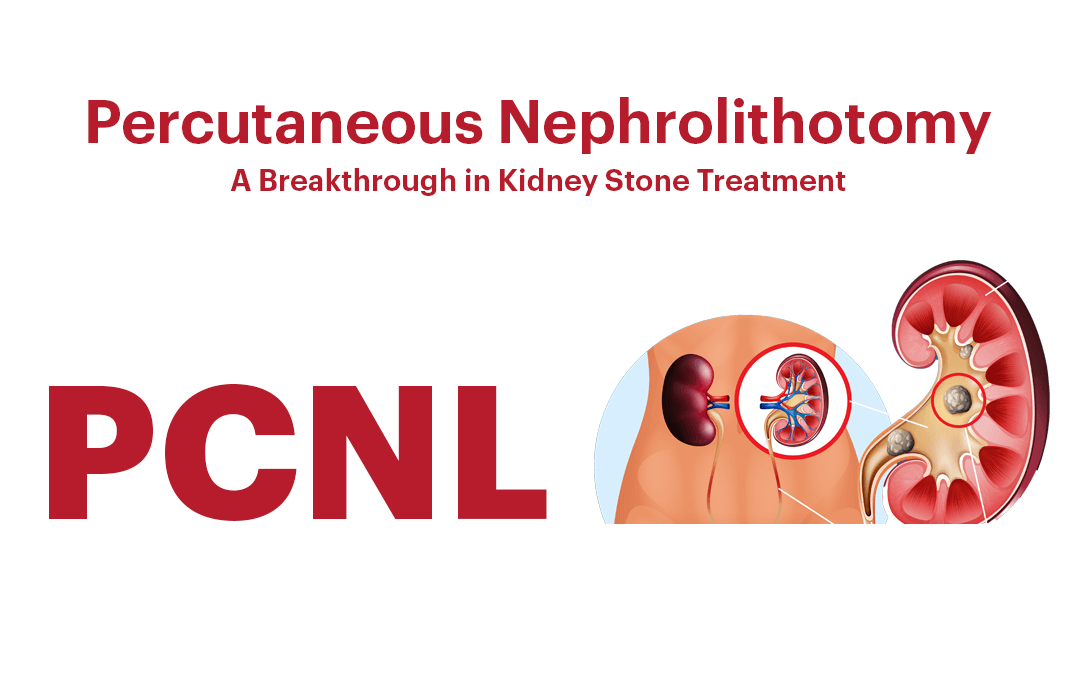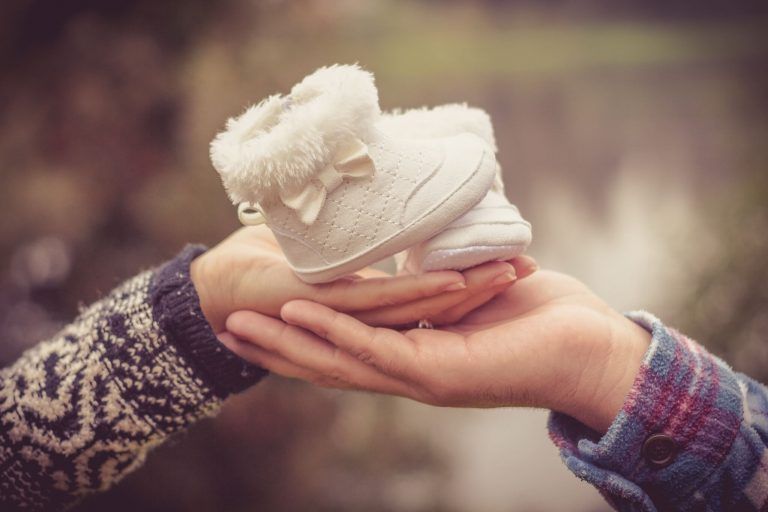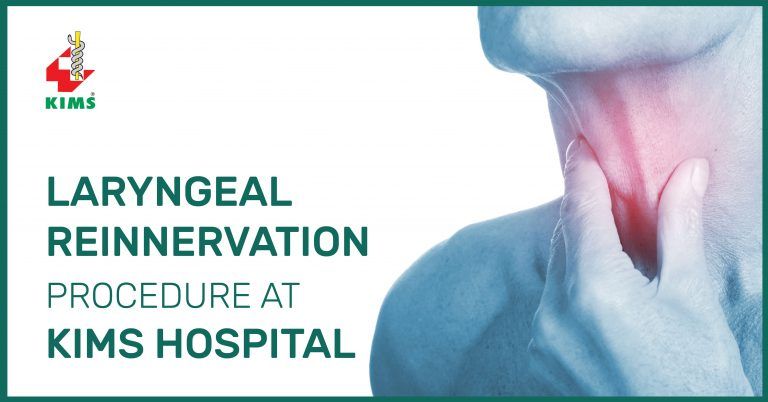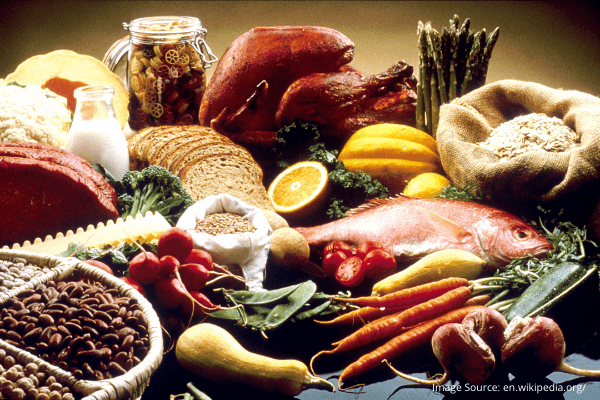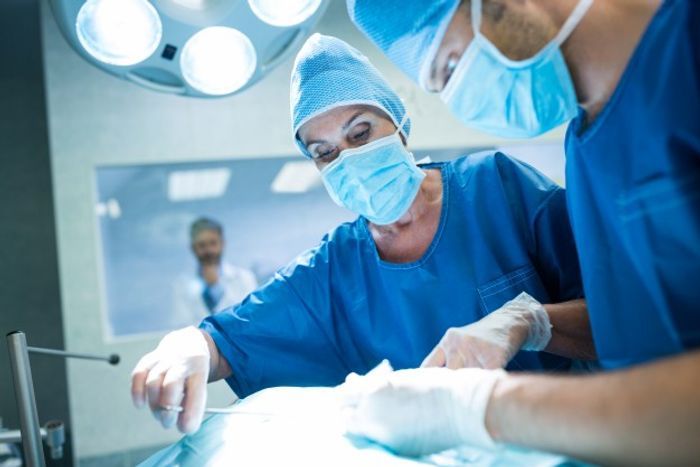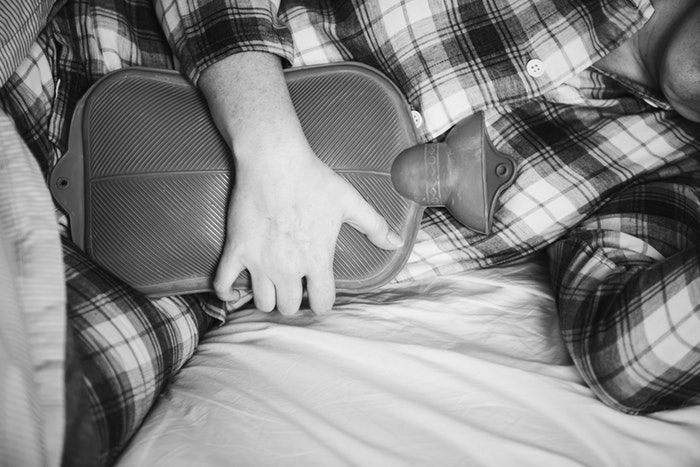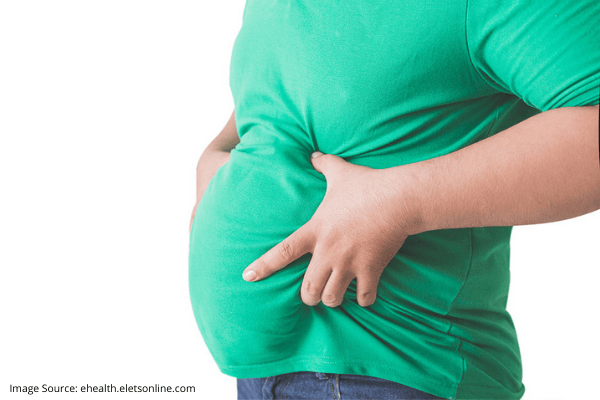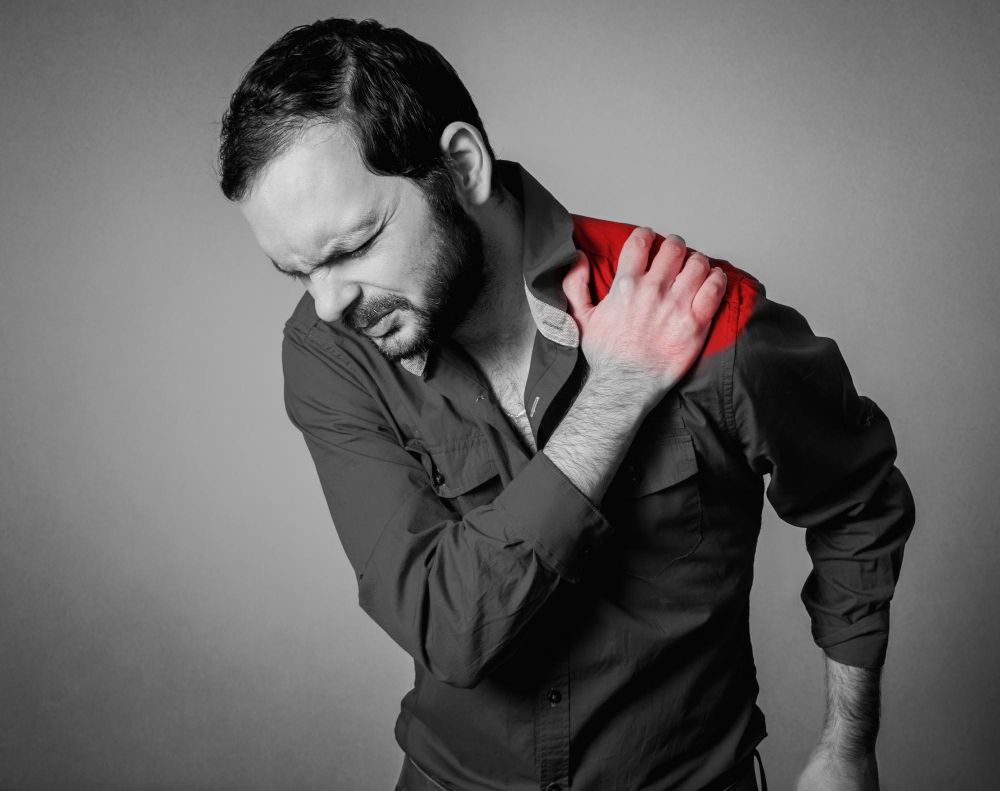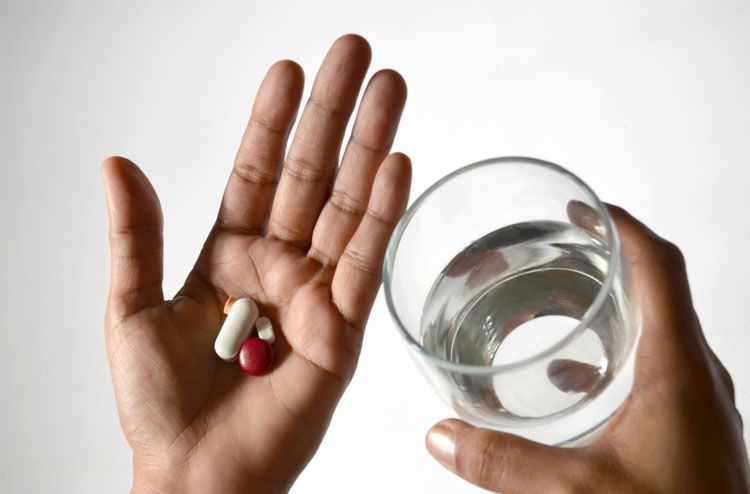Aortic Dissection
An aortic dissection is a tear in the aorta. This is the primary artery that transports oxygen-rich blood from your heart to the rest of your body. It travels through your chest, belly, and legs. An aortic dissection is an uncommon condition that occurs abruptly when a rip forms in the inner layer of a weaker part of your aorta. Blood rushes through the tear, causing the inner and middle layers (there are three on your aorta wall) to split. As misdirected blood moves between tissue layers, normal blood flow to other regions of your body may slow or halt, and your aorta may rupture altogether.
Types of aortic dissection
There are two main aortic dissection types:
- Stanford Type A Aortic Dissection: This type begins in the first (upper) section of your aorta, near your heart. It may be fatal right away. The first segment of the aorta where the rip began is often repaired or replaced during emergency open-chest surgery. The dissection typically extends the full length of the aorta. This is a more prevalent type than Type B.
- Stanford Type B Aortic Dissection: This type occurs further down your aorta (the descending aorta beyond the arch) and away from your heart. This, like Type A dissection, usually goes from the descending aorta to the abdominal aorta. However, it excludes the initial segment of the aorta. Depending on the site of the dissection and if it is blocking blood flow to your organs, you may or may not need emergency surgery.
Symptoms
Common aortic dissection symptoms you may experience include:
- Sudden, severe, sharp pain in your chest or upper back.
- Severe pain in your belly.
- Shortness of breath (dyspnea).
- Fainting or dizziness.
- Low blood pressure.
- Diastolic heart murmur or muffled heart sounds.
- Rapid, weak pulse.
- Heavy sweating.
- Confusion.
- Loss of vision.
- Stroke symptoms include weakness or paralysis on one side of your body or trouble talking.
Causes
A weakening segment of the aortic wall produces an aortic dissection. Aortic dissections are classified into two categories based on which part of the aorta is affected:
- Type A. This is the more common and dangerous kind, which involves a tear in the aorta near where it exits the heart. The rip may also occur in the ascending aorta, which might extend into the belly.
- Type B. This form involves a rip in the lower aorta (descending aorta), which may also extend into the belly.
Diagnose
A physician may arrange tests such as a chest X-ray, computed tomography (CT) scan, transthoracic echocardiography (TTE), transesophageal echocardiogram (TEE), and magnetic resonance imaging (MRI).
Treatment
The treatment for aortic dissection is determined by where the tear and dissection occur.
- Type A aortic dissection (which affects the initial section of the aorta near your heart) requires emergency surgery.
- If a Type B aortic dissection cuts off blood flow to crucial organs and body components, you will need emergency surgery. These organs include the kidneys, intestines, legs, and spinal cord. If your CT scan reveals any high-risk characteristics, you should seek emergency surgery. In less severe situations, aortic dissection treatments may include medicine to reduce the heart rate or lower blood pressure. If difficulties emerge, you may need to have surgery.
- Surgical options include graft replacement, endovascular stent-graft repair, and hybrid approaches.
Medications
A doctor may prescribe beta-blockers to reduce your heart rate and blood pressure. In some cases of Type B aortic dissection, the dissection may be treated initially with medicine alone. Depending on the severity of the tear and the depth of the dissection, a provider may delay surgery for months or years.
Prevention
Many of the risk factors for aortic dissection are beyond your control. These include being born with specific heart diseases, connective tissue disorders, or genetic risk factors associated with a family history of aortic dissection. However, you can mitigate some of your risks by:
- Managing your blood pressure.
- Avoiding tobacco products.
- Maintaining a weight that’s healthy for you.
- Wear your seat belt to protect your chest from injury in the event of an accident.
- See your provider on a regular basis whenever your health changes.
- If a first-degree relative (parent, child, or sibling) has had an aortic dissection, you should consult a doctor about your risk of developing the condition. A healthcare professional can monitor and treat you before an aortic incident happens.
Conclusion
Aortic dissection is a life-threatening condition that requires immediate medical intervention. Because of the high risk of fatal outcomes, type A ascending aortic dissections frequently require emergency surgery. Initially, medication is often used to treat type B descending aortic dissection; however, if complications arise, surgery may be necessary.
This includes monitoring, lifestyle changes, and blood pressure management. With immediate care and observation, many patients can recover rapidly and reduce their risk of complications.
Ten Effective Remedies That You Can Refer to When You Are Suffering from Muscle Cramps
Finally starting off with the gym life can get too overwhelming until you hit those muscle cramps along with the weights.
ICSI(Intra Cytoplasmic Sperm Injection)
Normally during every mid-menstrual period, one of the 2 ovaries releases an ovum. Each ovum is covered by a membrane called follicle,
Pregnancy and Delivery Care
Nothing could possibly compare to the joy of becoming a parent. After nine long months of waiting, the moment you have been waiting for is almost there:
Some Common Causes of Chest Pain
The first thing that jumps into the mind whenever you have some sort of chest pain is heart attack! It’s only human to feel that way
Organic Food Vs GMO Food: What Should You Pick?
There is no doubt that the quality of food we consume is crucial for our good health. And with more people becoming health conscious the d
Importance of Breastfeeding and Vaccinations for Newborns
Going nature’s way is best when it comes to providing nourishment for the apple of your eye – your baby. Breast milk is best for your baby as it
Percutaneous Nephrolithotomy (PCNL): A Breakthrough in Kidney Stone Treatment
Kidney stones, those small, hard mineral deposits that form in the kidneys, can cause excruciating pain and discomfort.
Skin Tags - Benign Tumor or Cancerous Tumor?
Skin tag if observed is a narrow stalk that hangs about your skin, bulging at the end. They are usually freshly colored and can grow anywhere on your body.
3 Ways Vitamin C is Helpful for the Immune System
The water-soluble vitamin, Vitamin C is also known as ascorbic acid. It is helpful in building up the blood vessels, skins, and making bones stronger
4 Signs of Mental Illness
As life has gotten fast and hectic, different health issues have got introduced lately. Not just physical issues,
4 Ways Night-Shifts Can Be Dangerous For Your Menstruation And Ovulation
A good night's sleep is of value for pregnant women. But with strenuous work-hours and shift work, sleep can quite a luxury for all.
Causes Of Infertility in Women
More and more women are putting off pregnancy till well into their 30’s or early 40’s for career reasons; infertility is fast becoming a major heartbreaking issue for such couples.
Do Not Indulge in These 9 Common Dieting Mistakes
Dieting is not just about eating less or starving yourself to meet unrealistic goals. Healthy dieting involves making informed food choices.
Laryngeal Reiinervation Procedure at KIMS Hospital
Mr. K.P 56-year-old business executive from Bangalore underwent a thyroid surgery two years back.
Learn How Stress Affects Your Heart Health
Stress is a frequent side effect of the modern 21st Century lifestyle. We’re always running around to meet deadlines, pay bills we tend to
Lose Weight: The Healthy Way
Almost everyone we know is worried about the way they look. There are several concerns people have, like their complexion
Myths About Bariatric Surgery
Bariatric surgery – be it the gastric bypass and other weight-loss surgeries – involve making changes to your digestive system to help you lose weight.
Non-alcoholic Fatty Liver Disease: Should You be Worried?
A recent study has found that 1 in 5 people in India suffers from liver disorders. Before you blame it on the increased alcohol consumption
Obesity and its Relation to Type 2 Diabetes
Diabetes is a condition that arises when the body doesn’t produce enough insulin,, hence there is excess glucose in the blood
Rotator Cuff Tear
A rotator cuff tear is a rotator cuff injury that can cause shoulder pain and loss of arm function. The rotator cuff is a set of muscles and tendons in your shoulder.
What Happens to Your Body When You Fast?
Fasting has been practised by humans for thousands of years as a way of rejuvenating the mind, body and soul and as a common ritual of many religions from all over the world
Why You Shouldn’t Consume Medicines with Cold Water
There has been a long-raging debate on the temperature of water needed for consuming medications. You won’t find much as in research papers
10 Tasty Delicious Diabetic-Friendly Recipes
Worry about it no more, as a healthy diabetic diet does not have to be bland. Instead, you can enjoy a myriad of flavorful, low-calorie
4 Not So Common Health Problems in Teenagers
The current generation of teenagers have far more access to technology and gadgets than their parents did.
4 Secrets to Adjusting Your Toddler's Sleep Cycle
Most of the parents, some time or the other, may have faced the trouble of making their toddlers sleep at night.
Related Blogs
Ten Effective Remedies That You Can Refer to When You Are Suffering from Muscle Cramps
Finally starting off with the gym life can get too overwhelming until you hit those muscle cramps along with the weights.
ICSI(Intra Cytoplasmic Sperm Injection)
Normally during every mid-menstrual period, one of the 2 ovaries releases an ovum. Each ovum is covered by a membrane called follicle,


